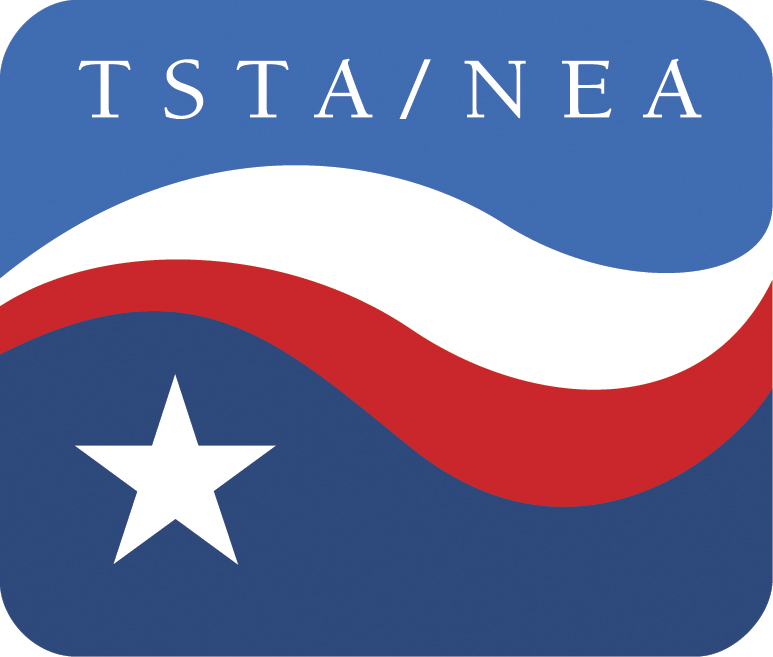Educators need to make themselves understood – to everyone
For a moment, while listening to a news report on an Austin radio station, I thought members of the Austin ISD school board may have been discussing a skin disease or an outbreak of head lice in district classrooms. Or maybe there was a new medical test I hadn’t heard about – or a new standardized test.
I should have known though that these board members, like many other education insiders, were speaking in education gobbledygook. They were practicing still another piece of insider jargon.
The non-word they were tossing around was “eco-dis.” I am guessing it includes a hyphen. The reporter, to her credit, explained they were using the term to discuss economically disadvantaged students, children from low-income families who now account for more than half of Austin ISD’s enrollment and Texas’ total public school enrollment as well.
Maybe I am the last person in town to learn of the “eco-dis” shortcut, but I doubt it. Elected education policymakers, no less than language arts teachers, need to speak an understandable language. Instead, these AISD trustees were contributing to a long-time bad habit of many in the educational community to speak in insider code, in a language all their own, dominated by acronyms that mean little, if anything, to the parents and other community members with whom clear communication is essential.
My message to all educators: “Eschew obfuscation!” That means forget the alphabet soup of jargon and say clearly what you mean in plain, understandable words. One of these days in our political world, your jobs may depend on it.
